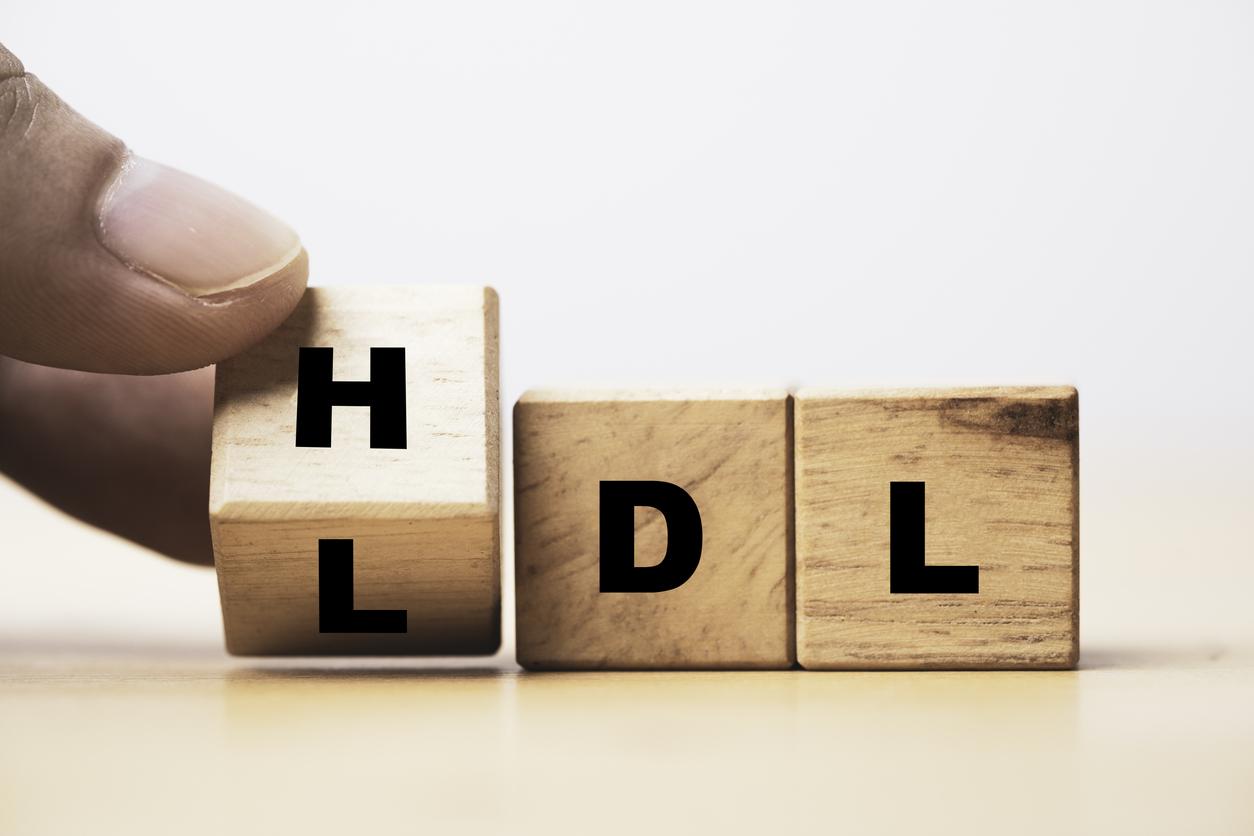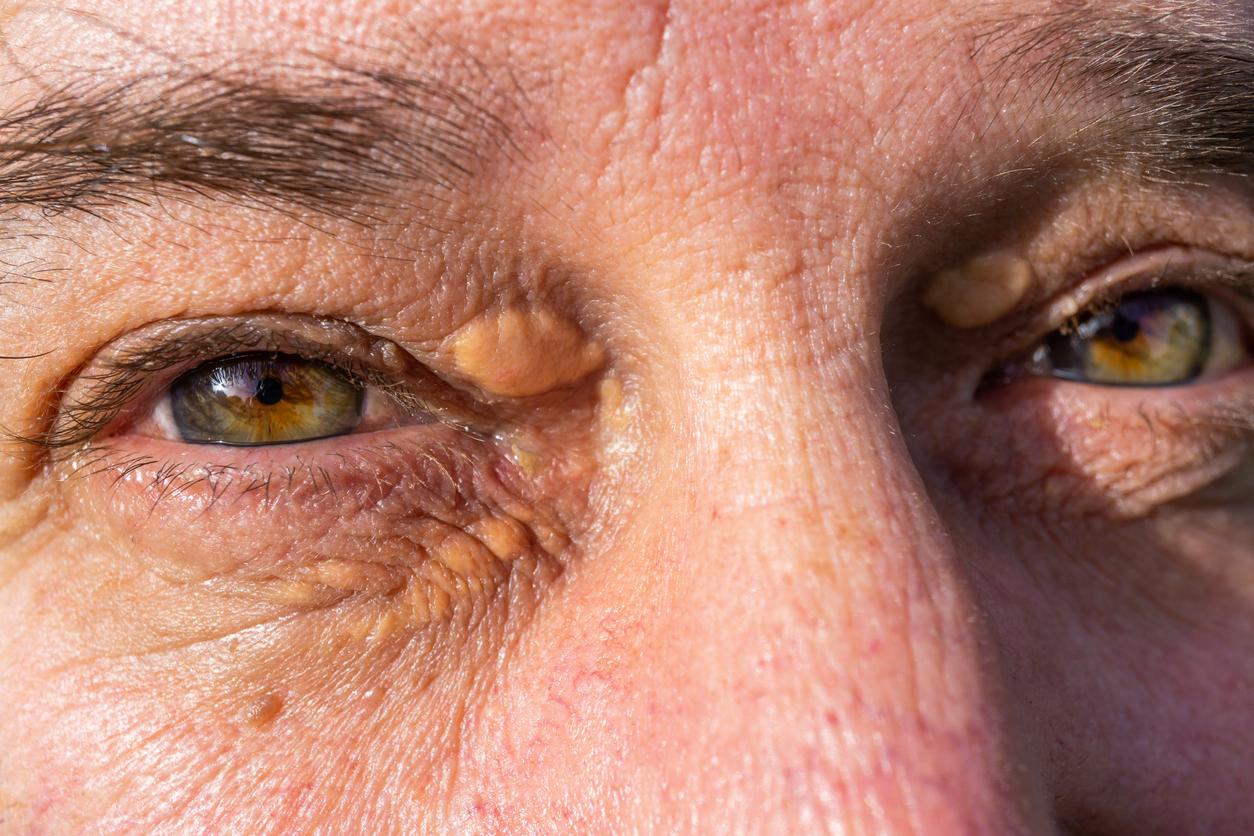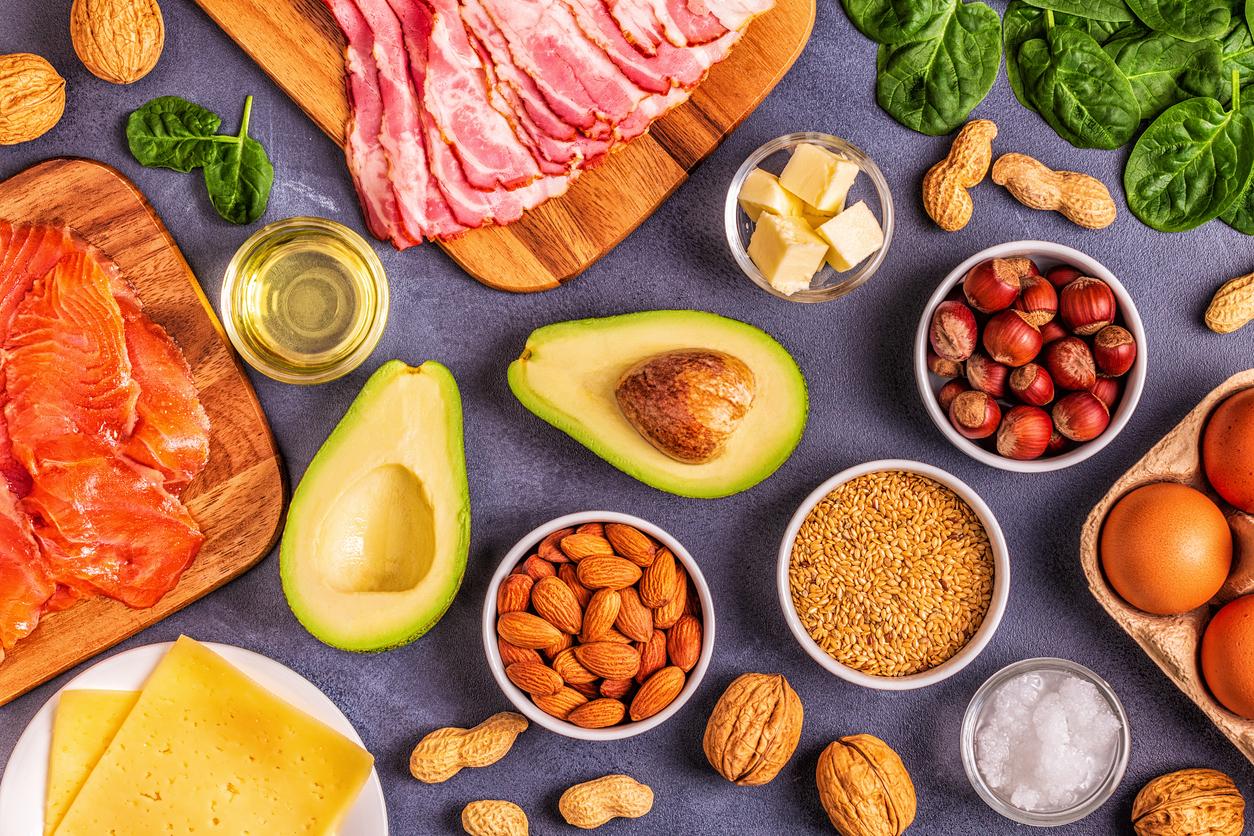When you suffer from bad cholesterol, you may tend to believe that it is better to avoid certain foods such as eggs. This received idea is to be forgotten according to the nutritionist Alexandra Murcier who explains why.

- Hypercholesterolemia is characterized by an increase in “bad cholesterol” (LDL) in the blood. We speak of excess LDL above 1.6 g/L.
- 20% of adults suffer from this excess, according to Public Health France.
- In the long term, an excess of bad cholesterol deteriorates the arteries and promotes blood clots and cardiovascular accidents.
Cholesterol is a lipid (fatty substance) produced by our body and which is also found in food. It is essential for the proper functioning of the body since it is an essential constituent of the membranes of our cells. It is also used to synthesize hormones and is a precursor of vitamin D.
LDL and HDL: what are the different types of cholesterol?
HDL cholesterol, or “good cholesterol”, helps reduce the rate of cardiovascular disease. “It traps excess cholesterol in the blood and stimulates its elimination by the liver”, details the medical dictionary Vidal.
Conversely, LDL cholesterol, or “bad cholesterol”, promotes the formation of deposits on the walls of the arteries. Gradually, this leads to a loss of elasticity of the arteries and a reduction in their diameter, “which increases the risk of suffering from a heart attack, stroke or arteritis”.
To detect excess cholesterol, you must take a fasting blood test to assess HDL, LDL and total cholesterol levels, as well as triglyceride levels. “It would seem that too high a level of triglycerides in the blood favors the development of cardiovascular diseases, but opinions differ on this subject.”, specifies the Vidal.
But then, in case of bad cholesterol, should we stop consuming eggs?
Hypercholesterolemia: you can eat up to 6 eggs a week
An egg contains an average of 7 grams of saturated fat, almost all of which is contained in the yolk. However, it is possible to continue to eat it in case of excess LDL cholesterol. “You can continue to eat them in small proportions, up to six eggs per week on average, avoiding consuming them every day.”, says dietician Alexandra Murcier.
“What’s also important when looking at total cholesterol levels is to see the ratio of good to bad. If the bad cholesterol level is too high and the good cholesterol level is too low, it might be wise to rebalance your diet in the other direction, with polyunsaturated fatty acids (omega-3 and omega-6) that protect the cardiovascular system.” It is found in particular in walnut and sunflower oils or even flax and pumpkin seeds.
Egg: a healthy food
Eggs are nutritionally interesting foods, according to the specialist. “They are very rich in choline (a super nutrient essential for good brain health), proteins easily absorbed by the body and they also contain a significant amount of iron.”
Egg yolk also contains carotenoids (lutein and zeaxanthin), powerful antioxidants that help prevent the appearance of certain pathologies linked to aging such as cataracts, macular degeneration, cardiovascular diseases and certain cancers.


















